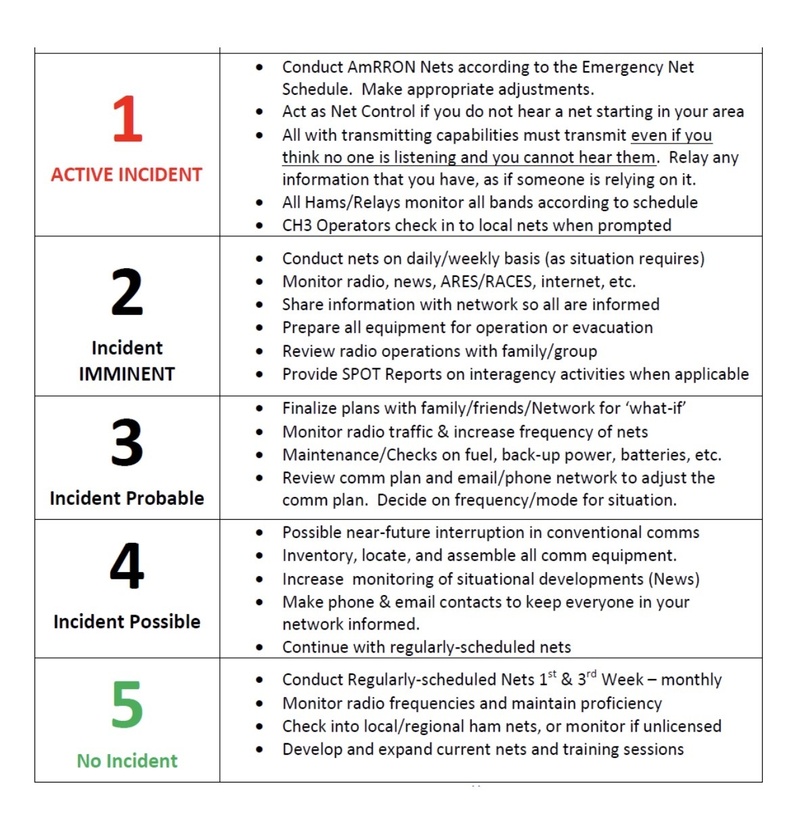
We know what’s coming and we are prepared.
Palestinian Christians are often called the ‘living stones’ of Christianity as they can trace their history to the birth of the Church in this land 2,000 years ago. Ancestors of some families have been in the Holy Land ever since, while others migrated there in later centuries. Therefore they should be understood to be indigenous people of the Holy Land, not immigrants and not recent converts. In fact, they are the oldest Christian population on earth.
Unfortunately many Christians in other countries do not even know there are Christians in Palestine and view the Palestinian-Israeli conflict as a religious conflict between Muslims and Jews, rather than the struggle over land it truly is. Yet Christians around the world owe much to these indigenous believers and their faithful stewardship of the holiest sites of Christianity.
Once a major portion of the population in this region, today Palestinian Christians make up about 2% or less of the Palestinian population in the occupied territories, while they may comprise as much as 10% of the Palestinian people worldwide. The majority are members of Orthodox churches.
These Christians strongly identify as Palestinians with the same culture and history as their Muslim sisters and brothers. In this land, Christians and Muslims have lived together peacefully for many generations. Today they suffer together under the brutal Israeli occupation and all that it entails: checkpoints, travel restrictions, confiscation of land, destruction of homes, abuse of children, beatings, killings, and more.
One of the most painful restrictions of the occupation are the limits on their freedom to worship. Tourists from around the world can visit the Church of the Holy Sepulcher in Jerusalem, believed to be the site of Jesus’ burial tomb, yet Palestinian Christians who live only a few miles away cannot reach it without a special permit that they can rarely obtain, even during the Easter season.

This guy wrote a 25 line Python script he claims "can probably unredact all of the Epstein files in less than 30 seconds".
"I am not suicidal, I am a great swimmer, and I look forward to living my life well into my 80s."
Follow @RealWideAwakeMedia for more content like this!
Merch: https://wideawake.clothing
X | YT | IG | Rumble
US / Iranian Conflict
Raising to AmCON 3 (Incident Probable)
Due to the following: deteriorating negotiations between the United States and Iran; the surge in the past 48 hours of “final stage” US military assets into the Middle East; vacating US personnel from bases in Syria; the “Fatwa” issued last summer by Iranian clerics in the Summer of 2025 calling Muslims around the world to rise up if Iran is attacked; the numerous reports of Iranians who have infiltrated the US southern border in recent years and the warnings of “sleeper cells” in the United States, AmRRON is raising the AmCON one level, to Level 3 (Incident Probable).
AmRRON Special Guidance and Instructions:
AmRRON will remain at AmCON 3 until further notice, and we will continuously be monitoring the situation. Additional changes to the AmCON level, and any special instructions or guidance, will be posted here, as well as through the AmRRON member Telegram Channel, the AmRRON Corps Z-Net, and the AmRRON Mobile Team App....

If you’re a parent, this should make your stomach drop!
Every year, millions of families across America proudly display school photos of their children.
On refrigerators. In picture frames. Sent to grandparents and relatives across the country.
But here’s what most parents are never told…
Those school photos are taken by Lifetouch — the largest school photography company in America.
Lifetouch is owned by Shutterfly.
Shutterfly was acquired by Apollo Global Management.
And Apollo Global Management was co-founded by Leon Black — a name that appears in the Epstein files.
That means millions of children’s images are uploaded into databases every single year by a corporate structure tied to someone connected to Epstein.
Let that sink in!
https://vxtwitter.com/i/status/2019500982997041332


















